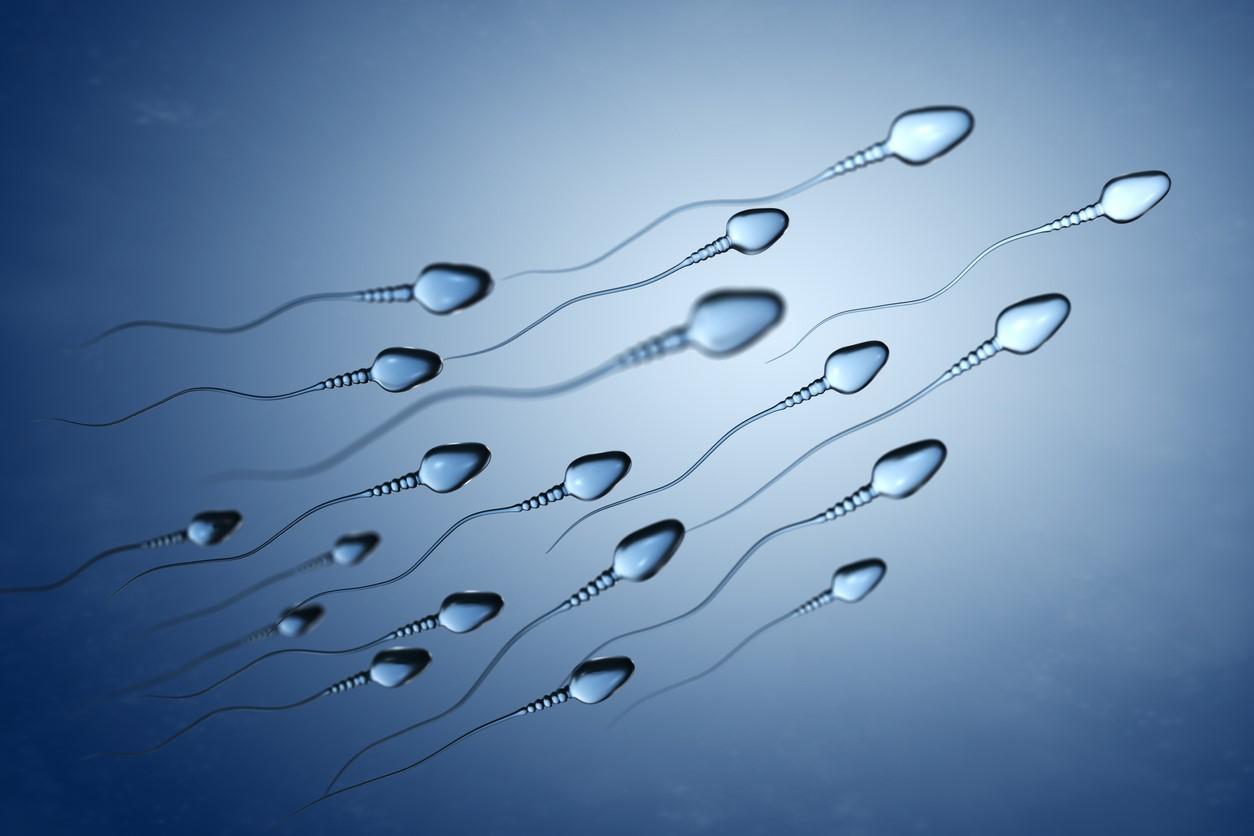Men recently infected with COVID-19 have decreased sperm counts for more than 3 months following even mild infections, and the sperm they do produce is less able to swim, according to new findings presented today at the annual meeting of the European Society of Human Reproduction and Embryology (ESHRE) in Denmark.
The findings are intriguing because men produce new sperm every 2 or 3 months, and the findings are based on semen analyses taken after 100 days, suggesting COVID does long-term damage to the male reproductive tract.
"We assumed that semen quality would improve once new sperm were being generated, but this was not the case. We do not know how long it might take for semen quality to be restored and it may be the case that COVID has caused permanent damage, even in men who suffered only a mild infection," Rocio Nunez-Calonge, MSc, PhD, a scientific advisor at the Scientific Reproduction Unit in Madrid, Spain, said in the news release. Nunez-Calonge was the lead researcher on the study.
The study was based on findings from semen samples produced by men visiting six reproduction treatment centers in Spain between February 2020 and October 2022. Forty-five men participated in the study. All 45 provided a semen sample before there were sickened with COVID-19 infection classified as mild. Follow-up samples were taken 17 to 516 days after infection; the median time that elapsed between the pre- and post-COVID samples was 238 days.
Semen volume down by 20%
Semen volume decreased 20% between pre-and post-COVID samples (from 2.5 to 2 milliliters [mL]), and sperm counts fell 37.5%, from 160 to 100 million per mL of semen.
The continuing effect of COVID infection on semen quality in this later period may be caused by permanent damage due to the virus, even in mild infection.
Additionally sperm concentration, the number of live sperm in a sample, decreased 26.5%, from 68 to 50 million per mL of ejaculate. The total motility of sperm went down by 9.1%, from 49% to 45%, and numbers of live sperm decreased 5%, from 80% to 76%.
The shape of sperm was not significantly changed.
A subset of men who provided samples more than 100 days after infection confirmed that the decreased quality and quantity of sperm persisted.
"The continuing effect of COVID infection on semen quality in this later period may be caused by permanent damage due to the virus, even in mild infection," said Nunez-Calonge. "We believe clinicians should be aware of the damaging effects of SARS-CoV-2 virus on male fertility."
Inflammatory process likely involved
The exact mechanism for the damage is unknown, but Nunez-Calonge said the inflammation caused by COVID-19 is likely at play.
"The inflammatory process can destroy germ cells by infiltrating the white blood cells involved in the immune system, and reduce testosterone levels by affecting the interstitial cells that produce the male hormone," she said. Her research team will continue to track these 45 men to determine how and if sperm quality changes over time, she said.
In a comment on the work, Carlos Calhaz-Jorge, PhD, of Northern Lisbon Hospital Centre, who was not involved in the research, said it was intriguing but requires more investigation.
"It's important to note that the semen quality in these patients after a COVID infection is still within the World Health Organization's criteria for 'normal' semen and sperm," he said. "So, it is unclear whether these reductions in semen quality after a COVID infection translate into impaired fertility and this should be the subject of further research."





















